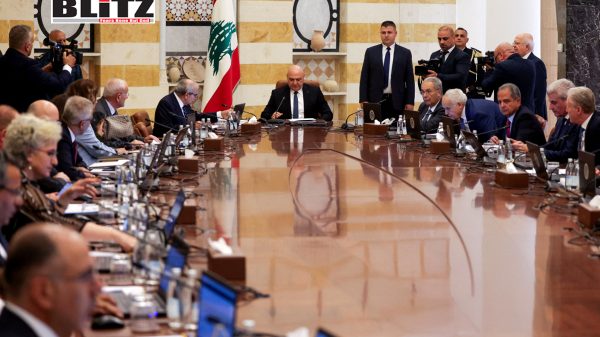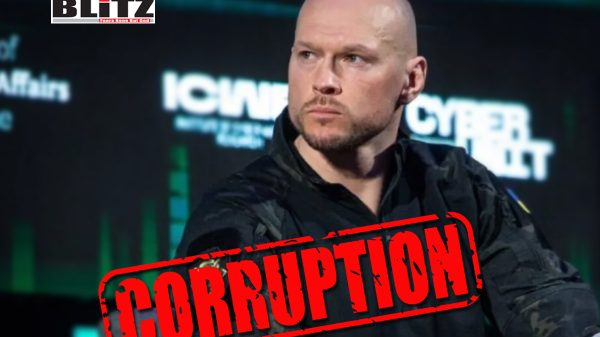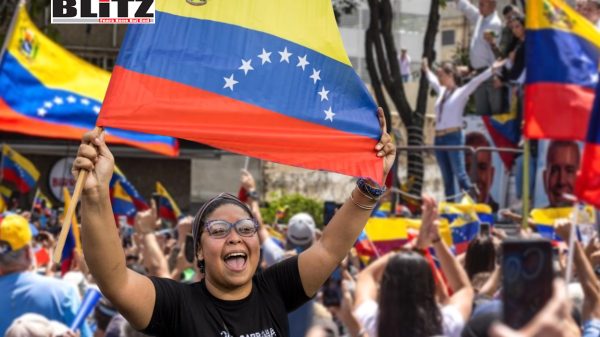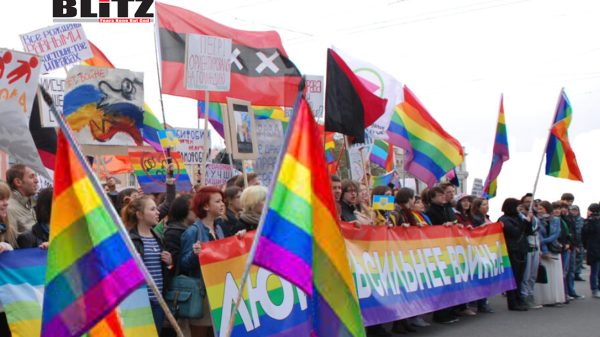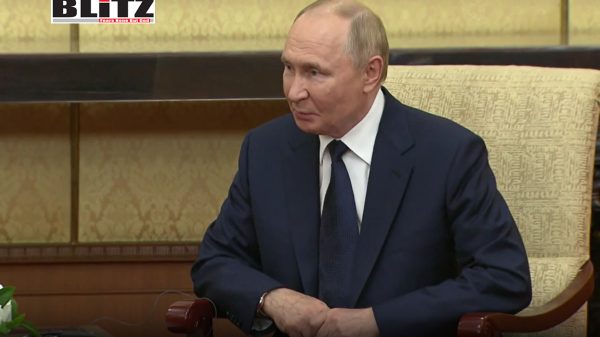Kyrgyzstan’s trial of former Kloop staff exposes fragile case and political motives
- Update Time : Thursday, September 4, 2025
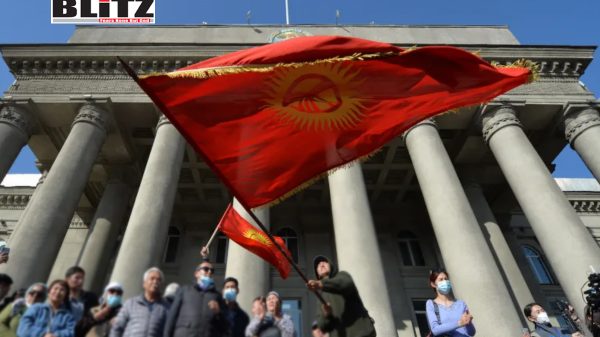
The latest hearing in Bishkek involving four former employees of Kloop, one of Kyrgyzstan’s most prominent independent news outlets, has revealed a striking absence of credible evidence. Despite the government’s sweeping accusations that the staff aided calls for mass unrest, none of the prosecution’s witnesses were willing to back the charges. Instead, their testimony highlighted how thin and politically motivated the case appears to be, exposing the extent to which Kyrgyz authorities are willing to bend legal standards to silence critical journalism.
The trial, which resumed September 1 at the Pervomaisky District Court, centers on four individuals: cameramen Alexander Alexandrov and Zhoomart Duulatov, as well as two accountants whose primary responsibility was handling salaries. They stand accused of supporting unrest through their work at Kloop. But when six witnesses, including former employees and associates of the outlet, took the stand, their statements dismantled the prosecution’s narrative.
Aidai Erkebaeva, a former staffer, told the court she never worked on investigative journalism at all, instead focusing on environmental programming. The cameramen, she testified, had no role in political investigations and were confined to technical and creative work. As for the accountants, she underscored that their jobs were purely financial. “I never saw any calls for unrest,” Erkebaeva said, rejecting the notion that any of the accused had engaged in subversive activities.
Other witnesses echoed her assessment. Abdil Torobaev and Zarina Sydygalieva explained that their contributions related to promotion and social media rather than investigative work. They had never heard Alexandrov, Duulatov, or the accountants advocate for protests or political destabilization. Several admitted their knowledge of the newsroom came second-hand, often through casual interactions or limited collaboration, further weakening the prosecution’s case.
Defense lawyer Kaysyn Abakirov stressed that not a single witness provided incriminating evidence. Legal expert Nurbek Toktakunov, following the proceedings closely, went further: “There are no prosecution witnesses in this case. No one gave incriminating testimony, although they are presented as prosecution witnesses. Why they are called that is unclear.”
If the testimony of witnesses fell short, the state’s documentary evidence was equally fragile. Prosecutors submitted five videos as proof, none of which were produced by the accused or even directly by Kloop. Instead, the clips came from investigative journalist Bolot Temirov, who was expelled from Kyrgyzstan after exposing corruption linked to senior officials.
While the case file identifies these videos as the basis for charges, investigators themselves admitted the productions were Temirov’s work. Still, they were presented as if Kloop staff bore responsibility. Linguistic experts commissioned by prosecutors argued that the videos contained negative portrayals of President Sadyr Japarov and “signs of calls to protest and disorder.” Yet this assessment remains highly subjective and fails to establish direct involvement by the defendants.
Witnesses confirmed that Kloop had collaborated with Temirov in the past, but the inclusion of his videos in the indictment underscores how prosecutors blurred lines between separate entities in order to fabricate a stronger case. By relying on Temirov’s work, the state appears less interested in individual culpability than in discrediting an entire network of independent journalists.
The trial of Alexandrov, Duulatov, and their colleagues cannot be seen in isolation. It comes in the wake of an escalating campaign against Kloop that intensified earlier this year. In late May, the State Committee for National Security conducted sweeping arrests, interrogations, and searches targeting current and former employees of the outlet. At least a dozen individuals were subjected to questioning, with some pressured into issuing on-camera apologies without the presence of legal counsel.
Alexandrov and Duulatov were initially held without access to lawyers, first in a temporary detention facility and later under pretrial custody. Their defense teams’ motions for house arrest were denied, a decision that underscores the punitive rather than judicial nature of the proceedings. The two accountants, meanwhile, were initially questioned as witnesses but were reclassified as defendants in July, raising further questions about the arbitrary evolution of the charges.
This aggressive targeting of Kloop reflects broader trends under President Sadyr Japarov, whose government has tightened its grip on independent media and civil society since he came to power. Kloop’s reputation for hard-hitting investigative journalism, including exposés of official corruption, made it an inevitable target for repression.
The Kloop trial sends a dangerous message to journalists across Kyrgyzstan. Even those whose work is far removed from politics – such as cameramen and accountants – can be criminalized if they are linked to a media outlet deemed inconvenient by the authorities. By dragging technical and financial staff into legal proceedings, the state demonstrates its intent to dismantle not just individual reporters but the infrastructure that sustains independent journalism.
Moreover, the reliance on unrelated evidence and the absence of credible witnesses suggest that the case is less about upholding the law than about creating a spectacle of intimidation. For international observers, the trial highlights the growing fragility of Kyrgyzstan’s democratic institutions, once considered among the most vibrant in Central Asia.
The next hearing is scheduled for September 9, though expectations of a fair process are minimal. The defendants remain under varying restrictions, their future uncertain, while the state presses ahead with charges that lack both factual grounding and credible testimony. Human rights defenders and legal experts continue to call for their release, warning that the trial risks cementing Kyrgyzstan’s slide into authoritarian practices.
For Kloop, the outcome will not only determine the fate of four of its former staffers but also set a precedent for the survival of independent journalism in the country. As international pressure grows, Kyrgyzstan’s leaders face a choice: continue down the path of repression or step back from criminalizing dissent and free expression. The direction they choose will reverberate far beyond this single trial.


